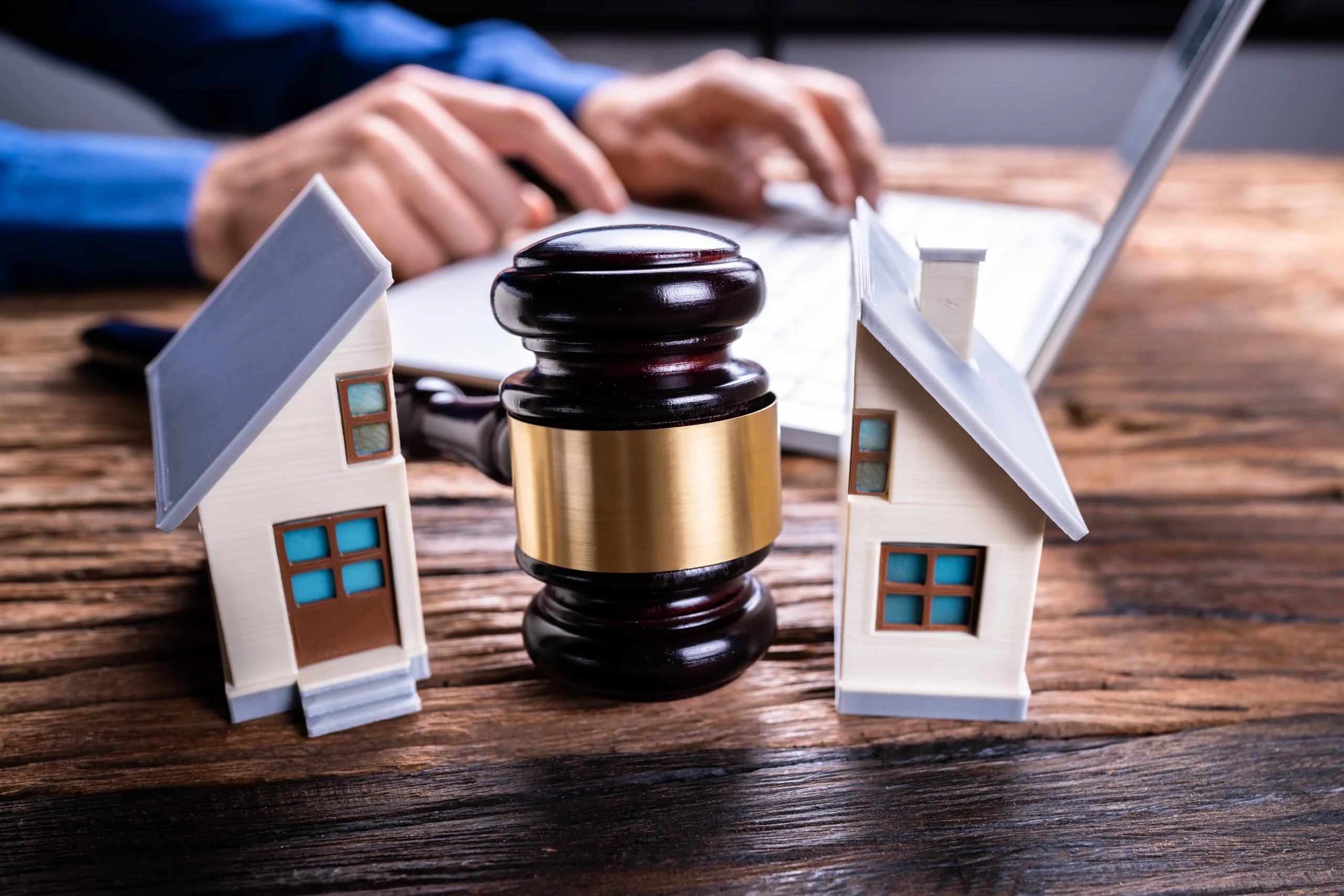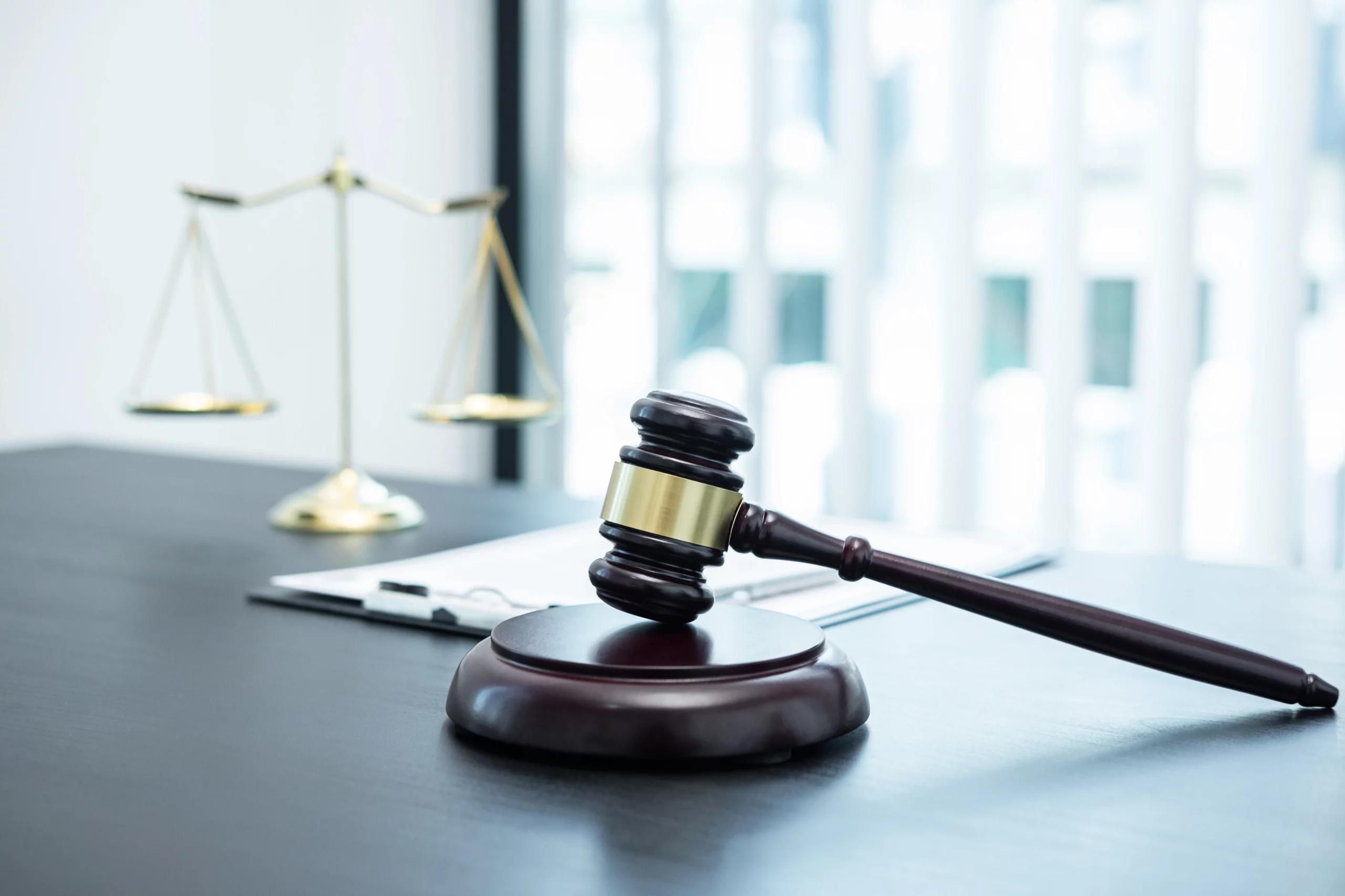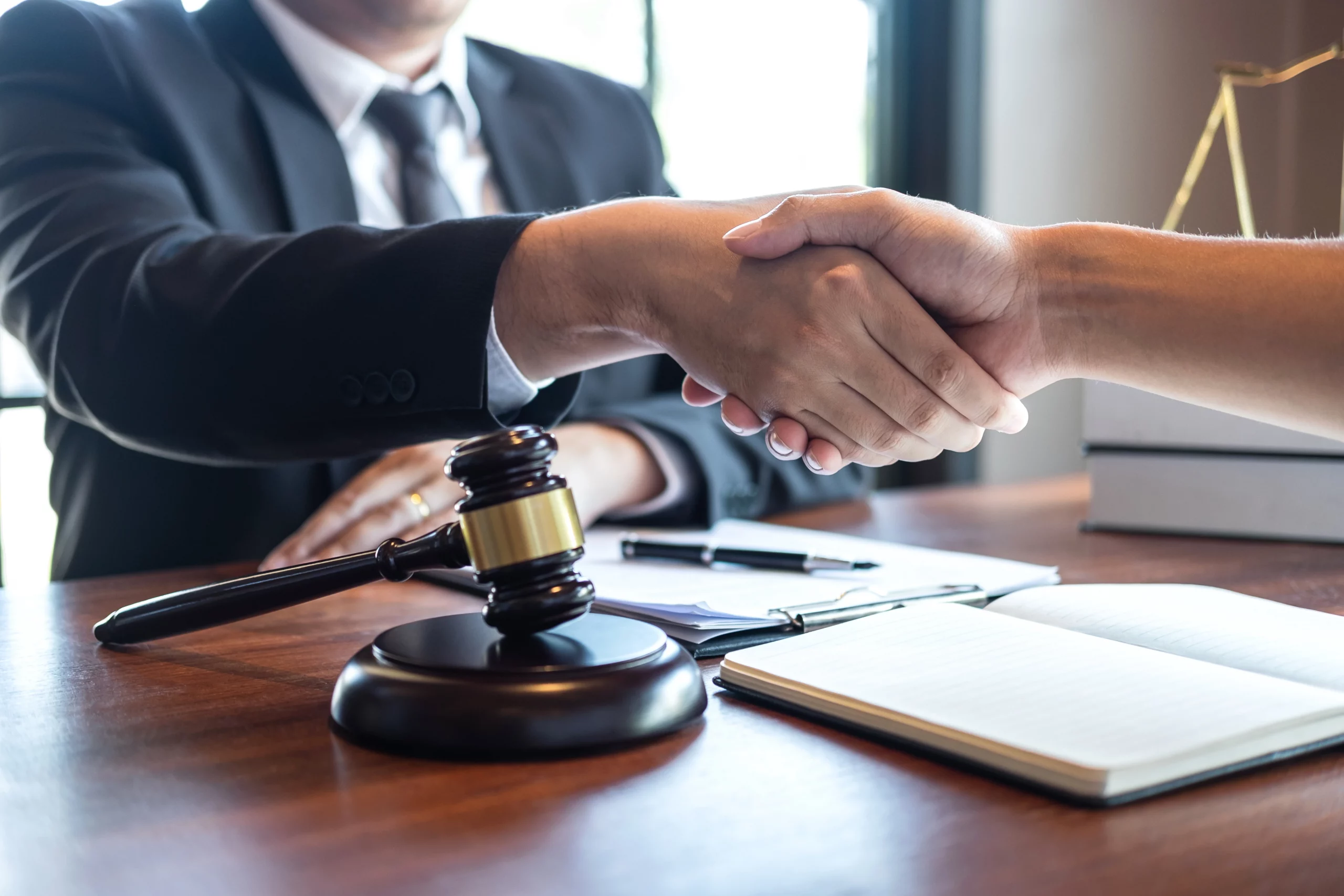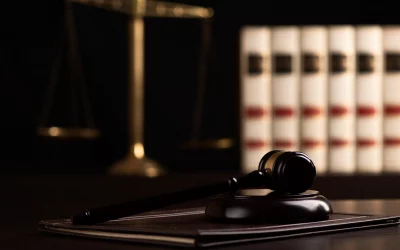After a car accident or other type of personal injury accident, what should you do if you’re hurt? After a major life event, it’s normal to feel disoriented and disillusioned, not knowing what to do next. The last thing you mind is haggling with an insurance company about money when you’re in so much pain, anxiety, and confusion.
If you have questions regarding how to deal with the aftermath of a car accident, a slip and fall on someone else’s property, a construction accident, or any other type of accident that resulted in a personal injury, we’ve provided answers to some of the most frequently asked questions (FAQs).
IN THE EVENT OF A CAR ACCIDENT INJURY
If you’ve been injured in a car accident, you should first put your safety above everything else. Be sure to get your vehicle and yourself out of harm’s way immediately if an accident sends you or your vehicle into the middle of the road.
Since transportation isn’t our only possible danger, we say “obviously out of harm’s way.” Debris and flammable goods, for example, might cause hazardous conditions like explosions if you crash with a commercial truck. In such cases, it’s important to keep an eye out for potential threats and take steps to avoid them.
If you’re able to, dial 911 as soon as possible. A police or sheriff’s department must be notified of all accidents that result in injury, death, or property damage and prevent a victim from being able to drive a vehicle again.
Ask a bystander to dial 911 if you cannot do so yourself.
Allow emergency responders to conduct a thorough examination of you upon arrival. Let them treat you and take you to the ER if they feel that you require that kind of care.
Two items should be at the top of your priority list going forward. First and foremost, make sure you’re healthy and safe. The second step is to acquire evidence that proves the accident’s cause.
All the drivers involved and law police will interview any witnesses. The officers will write a report on the accident, including details such as what happened, where it happened, what time of day it was, and the meteorological conditions at the time. You can get a copy of a crash report from the police department via mail, online, or in person at the scene of the accident or as soon as possible.
Speak up if you see anything in the aftermath of the accident that the authorities should be aware of and put in the accident report. Let’s imagine, for example, that you spotted a driver who appeared drunk or shaky. Tests for alcohol and other substances will be administered if driving under the influence of these substances is suspected.
All drivers should exchange contact information, including insurance details and email addresses. Consider taking a picture of their license plates, driver’s license, and insurance certificate with your cell phone.
Before filing a claim with the at-fault party’s insurance company, you must first use your PIP benefits. A motorist (or another party, such as a trucking firm) can make an insurance claim or sue for the harm they have caused you if they are at fault in a car accident.
Medical expenditures, lost pay, and pain and suffering associated with your injuries are all covered under this policy. A claim against the opposing party will necessitate knowledge of their insurance information.
In the next stages, the evidence must be carefully gathered. There are several ways to go about this. If they are there, talk to eyewitnesses and acquire their contact information (phone numbers and/or email addresses).
- It’s best to take many photos of the incident to document it.
- Anything that has an effect (damaged street signs, barriers, road abutments, tire marks on the road, and more)
- All of the vehicles were damaged.
Aspects outside of the driver’s control (detour signs, broken traffic lights, and so forth)
Wait to leave until law enforcement gives you the all-clear. (It is illegal to leave an accident site unless you need immediate medical attention.)
As soon as possible, seek medical attention for any symptoms you may be experiencing. When you’ve been in a car accident, don’t try to figure out what’s wrong with yourself. You should seek the advice of an expert. However, a doctor can evaluate you and make the appropriate diagnosis even if you don’t show any physical symptoms immediately after an accident.
The good news is if your doctor says you’re not gravely hurt, you’re out of the woods. If your doctor determines that you have an injury and recommends treatment, you should heed their advice. You must save all your medical documents since they will be evidence of your injuries and costs. Assistive devices like crutches or a cane should be included in your medical records.
To restore you to full health as quickly as possible, this is the major objective behind all of this. Wounded people need to remember that insurance companies of the at-fault parties can exploit gaps in treatment or omissions in either of these phases as a justification to diminish or deny your claim.
How? Because of your delay in seeking treatment, the insurance companies may argue that you were not as severely hurt as you claimed. After all, wouldn’t it be necessary to evacuate someone critically injured? Insurance companies may claim that any subsequent health problems you experience were unrelated to the accident, so they are not liable if you suffer from them.
If you don’t follow your doctor’s treatment advice, insurance companies can also use that against you. They could argue that you weren’t as gravely harmed as you allege or that your condition evolved later in the course of events.
Keep a record of everything that happened in the accident.
It is important to see an expert automobile accident attorney if the accident was caused by another party (such as the driver, another manufacturer, or a repair shop) so that the insurer can pay you just compensation or assist you in filing a personal injury case, if necessary.
IF YOU ARE HURT ON SOMEONE ELSE’S PROPERTY
What should you do if you get hurt on someone else’s property? Regarding a car collision, the general guidelines for what to do are the same: The first step is to ensure that you and your family are secure and then gather evidence to support your claim.
PUBLIC PLACES LIKE SHOPPING MALLS, ENTERTAINMENT CENTERS, AND THE LIKE
Owners of businesses that are open to the public have a legal obligation to maintain their properties safe. If a liquid spill in a business, for example, the owner or manager of the store must clean it up as quickly as possible and explicitly notify customers of the danger with signs, cones, tape, etc.
When you rent an apartment from a landlord, the same is true of them. If the light bulb above the stairwell goes out, you risk tripping and falling because of the darkness. Residents should be warned to avoid risky areas by the landlord or his or her designees, such as a property manager, as soon as something goes wrong.
In both situations, the law regards you as a guest. A business or firm’s owner is responsible for ensuring that their establishment is safe for all visitors.
You should seek quick medical assistance if you’re hurt while on public property. As soon as you can, take images of the place where you were injured, even if it isn’t an emergency.
Taking photos of your injuries is also a good idea.
Get the names and phone numbers of any witnesses to your mishap.
In public places, notify the manager immediately if you’ve been hurt. First and foremost, it allows management to address the problem and alert others to prevent further harm. Second, it informs them that an incident report is required. An incident report can be a game-changer when securing an insurance claim, so keep that in mind.
It’s not uncommon for insurance companies to question whether your injury was caused by accident on the premises if you did not notify the store or attraction’s manager before you left. The same reasoning applies if the firms knew that you did not notify the landlord of a dangerous condition or an injury. Insurance companies will try to use these actions against you to avoid paying you.
RESIDENTIAL INJURIES
“Licensee” is a legal phrase that refers to anyone who visits another person’s home or other property for social purposes or is invited by the owner to work on the property. Unlike businesses open to the public, the property owner does not need to ensure your safety while on the premises.
In any case, if conditions are unsafe, the owner is required to either remedy the situation or notify you (uneven flooring, exposed wires, holes in the ground, etc.)
You’ve been hurt, so what do you need to do next? Your well-being and security should always come first. Call 911 if you require immediate medical treatment. After notifying the owner, you should also take images of where you were hurt and the damage you sustained.
You are a trespasser if the owner has not openly or implicitly invited you onto the property. You’re still breaking the law even if you’re just taking a shortcut over a neighbor’s yard. You may have no legal recourse if you are wounded since property owners are not compelled by law to notify trespassers of harmful situations.
NUISANCES THAT ARE ENTICING
However, the trespassing category has an exception in Colorado law. “Attractive nuisances” are features that may entice children to infringe on private property’s boundaries. In other words, everything that could be dangerous to small children, such as swimming pools, patio areas with fireplaces, croquet lawns, etc.
Property owners are required by law to erect barriers, such as a gate, fence, or another comparable barrier, to keep children away from visually appealing nuisances.
You should take your child to the hospital or emergency room as soon as possible if they are hurt by an eye sore or other attractive nuisance. Injuries should be documented in photos. Make sure to capture any open obstacles and the attractive annoyance if the injury isn’t too serious (or pictures that make the absence of barriers clear).
In the circumstances like this, you should seek the advice of a lawyer because the legislation governing attractive nuisances is complex.
BITES FROM A DOG
Suppose the cause of the injury is a dog bite on your property or a neighbor’s property. Suppose the dog’s owner was aware of the dog’s propensity for biting or violent behavior toward other persons. In that case, he or she might be liable for the victim’s injuries under Colorado law.
If a dog has bitten you or someone you care about, you should first seek refuge. Don’t stay in an area where the dog could attack you again.
If an injury occurs, begin CPR and provide basic life support (BLS). To prevent infection, thoroughly clean the incision and apply a bacterial ointment to the surrounding area. If you’re hurt, go to the doctor or the emergency department.
Find out if the dog has been vaccinated by contacting the owner. Ask about the dog’s health. If the dog isn’t up-to-date on its vaccinations or has any other medical issues, you should see a doctor immediately to discuss your findings.
If a dog has bitten you or a loved one, seek legal counsel immediately.
IF YOU’RE HURT WHILE WORKING ON A CONSTRUCTION SITE
There are numerous dangers and hazards on construction sites. Employees could be electrocuted or hit by falling objects when working on a construction site. They could also get trapped between two areas and be in a difficult situation. The Fatal Four refers to the four most common forms of fatal accidents.
Many states require businesses to have worker’s compensation insurance as a condition of doing business. However, the legislation in Colorado leaves it up to each firm to decide whether or not to carry worker’s compensation.
Workers’ compensation is a type of insurance that covers medical expenses and a portion of lost wages due to work-related injuries. Worker’s compensation benefits are also available if an injury prevents a worker from performing their job duties.
Do not delay in seeking medical assistance if you have been wounded.
However, a worker’s compensation lawyer should also be contacted. Regarding workers’ compensation, the rules and regulations are quite intricate, with numerous procedures for reporting an accident and following up. Your claim may be denied if you don’t meet all of the standards.
An attorney can help you file an appeal if a claim is denied.
As a result, building sites are often staffed by a wide range of workers from various companies. These third parties—companies other than your employer—could also have a role in causing your accident. That way, your lawyer can sue them and get you a bigger settlement than the workers’ compensation system would allow.
Keep meticulous records of all medical appointments, diagnoses, treatment suggestions, and your compliance with those recommendations in any accident that results in harm.
Contact a personal injury attorney if you need additional information.











